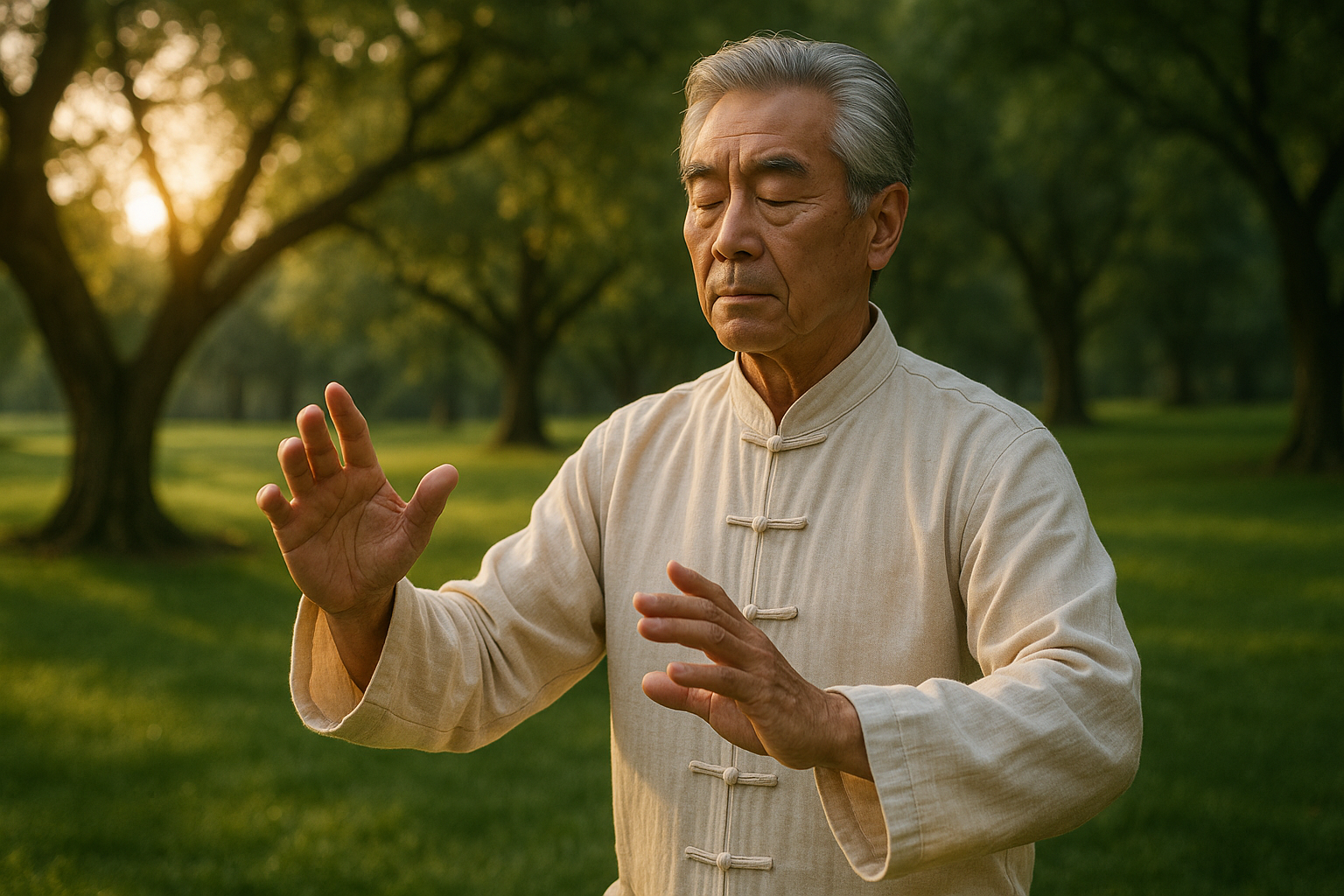Revitalizing Performance: The Role of Sleep in Athletic Success
A flood of adrenaline, the roar of the crowd, the sweet taste of victory: these are the moments that make sports exhilarating. But behind every triumphant finish line crossed and every record-shattering moment, there's a hidden powerhouse at work: sleep.

Tracing the History: Sleep and Sports Performance
Historically, the importance of sleep in sports has been largely overlooked. The ‘No pain, no gain’ mantra dominated athletic training, pushing athletes to their physical and mental limits. However, over time, the narrative began to shift. In the late 20th century, research began to uncover the profound impact of sleep on human performance, marking the beginning of a significant change in athletic training methodologies.
Emerging Trends: Prioritizing Sleep in Modern Sports
Sleep is no longer a mere afterthought in the world of sports. From amateur athletes to Olympians, sleep is now recognized as an essential component of athletic training. Modern athletes are increasingly prioritizing sleep, with some professional sports teams even hiring sleep consultants to optimize their players’ rest. This shift has been fueled by a growing body of research demonstrating the critical role of sleep in recovery, cognitive function, and overall performance.
Decoding Sleep: The Science Behind its Impact on Performance
Why is sleep so crucial for athletes? The answer lies in the numerous physiological and psychological processes that occur during sleep. During deep sleep stages, the body releases growth hormones essential for muscle recovery and rebuilding. Sleep also plays a vital role in cognitive functions such as learning, memory, and decision-making—all crucial for athletic performance.
The Real-World Implications: Sleep Strategies in Sports
Integrating sleep strategies into athletic training programs is now a common practice. These strategies often include maintaining a consistent sleep schedule, creating a sleep-friendly environment, and monitoring sleep patterns. However, implementing these strategies is not without challenges. Athletes, particularly those competing at higher levels, often face hurdles such as travel, stress, and rigorous training schedules that can disrupt sleep.
The Future of Sleep in Sports
The recognition of sleep as an essential part of athletic success represents a significant shift in sports science. As research continues to uncover the intricate relationship between sleep and performance, sleep’s role in sports will only become more prominent. For athletes striving to achieve their peak performance, the message is clear: don’t underestimate the power of a good night’s sleep.




